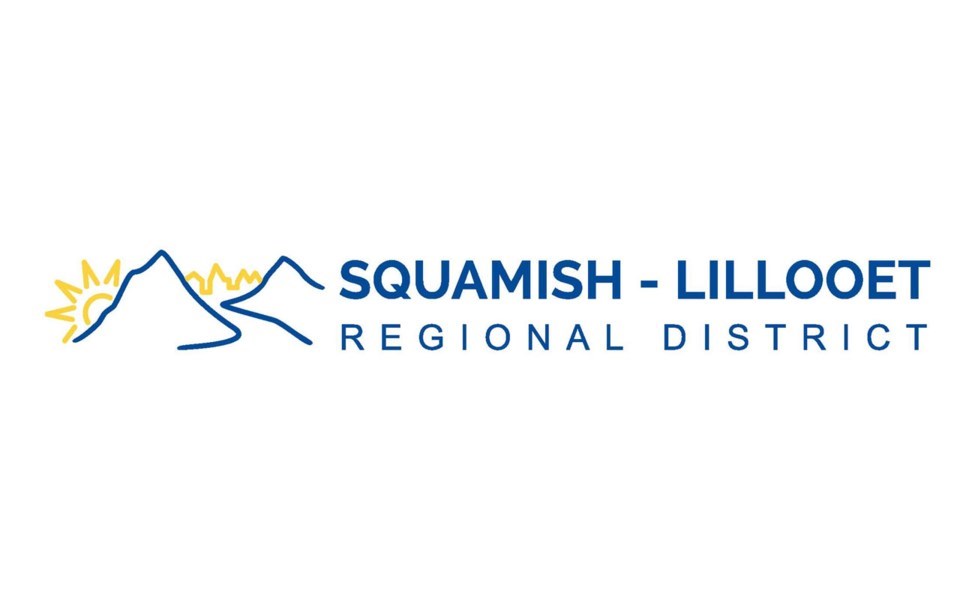The Squamish-Lillooet Regional District (SLRD) is reviewing how it does public engagement, and will soon launch a survey to hear from residents.
With such a vast territory to cover, resident needs are very different community-to-community, said SLRD chair Jen Ford.
“We wanted to be more open and more engaged with our community in a way that would meet people where they are rather than a one-size-fits-all engagement,” Ford said.
“[It was] really important to board members that we were able to communicate what we were up to, why we were doing it and how we were going to achieve it, and most importantly how members of our community could be involved, and would know where their money is going.
“Because at the end of the day, that’s the most important part of the democratic process.”
The SLRD’s new engagement strategy has been in development since the fall of 2019, said communications and engagement manager Patricia Westerholm, at the regional district board’s June 23 meeting.
Since then, two SLRD staff members have undergone International Association for Public Participation Foundation and Techniques training, while the board itself has taken part in a decision-makers workshop.
“Staff has also spent a considerable amount of time researching engagement best practices and exploring the practices of our member municipalities as well as other regional districts in the province, and also looking at some new tools for community engagement,” Westerholm said.
Now the SLRD is moving ahead with the next step in the process, which includes interviews with key stakeholders as well as a resident survey.
“All of this information from the survey and interviews, along with the research that we have done to this point, will help to inform the strategy,” Westerholm said, adding that the goal is present findings to the board before the end of the year.
The resident survey will take place through July and August, which raised concerns for Pemberton Mayor Mike Richman.
“I’m glad to see this work is ongoing, I think it’s really exciting,” Richman said.
“I’m just a little bit worried, as much as I want to see it carry on, about how much uptake you’ll get at that time of year.”
Timing is always a challenge, Westerholm said.
“If it looks like the timing is just not going to be conducive to that, or we’re not going to get the amount of information back that we’d like to, or be able to connect with as many folks as we can, we can always delay that a bit if we have to,” she said.
But the SLRD has done a lot of research since launching the project, Westerholm added.
“So we have lots to work with, but it will be important to monitor that for sure, and just to make sure that we are getting that feedback,” she said. “Because that’s a really key piece, too.”




